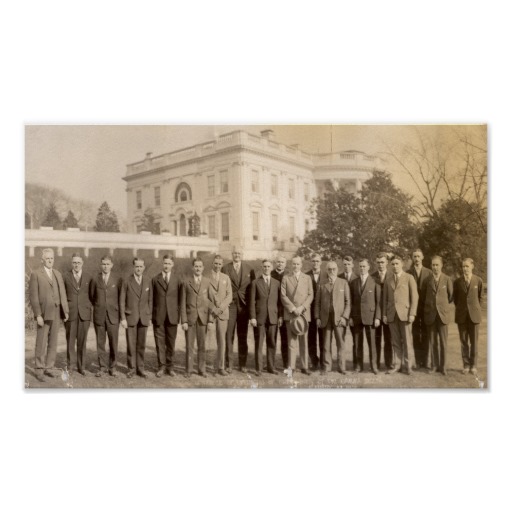“The Jewish faith is predominantly the faith of liberty. From the beginnings of the conflict between the colonies and the mother country, they were overwhelmingly on the side of the rising revolution. You will recognize them when I read the names of some among the merchants who unhesitatingly signed the non-importation resolution of 1765: Isaac Moses, Benjamin Levy, Samson Levy, David Franks, Joseph Jacobs, Hayman Levy, Jr., Matthias Bush, Michael Gratz, Bernard Gratz, Isaac Franks, Moses Mordecai, Benjamin Jacobs, Samuel Lyon and Manuel Mordecai Noah.
“Not only did the colonial Jews join early and enthusiastically in the non-intercourse program, but when the time came for raising and sustaining an army, they were ready to serve wherever they could be most useful. There is a romance in the story of Haym Solomon, Polish Jew financier of the Revolution…Major Benjamin Nones has been referred to as the Jewish Lafayette…Captain De La Motta, and Captain Jacob De Leon…It is interesting to know that at the time of the Revolution there was a larger Jewish element in the southern colonies than would have been found there at much later periods; and these Jews of the Carolinas and Georgia were ardent supporters of the Revolution. One corps of infantry raised in Charleston, South Carolina, was composed preponderantly of Jews, and they gave a splendid account of themselves in the fighting of that section.
“It is easy to understand why a people with the historic background of the Jews should thus overwhelmingly and unhesitatingly have allied themselves with the cause of freedom. From earliest colonial times, America has been a new land of promise to this long-persecuted race…
“Our country has done much for the Jews who have come here to accept its citizenship and assume their share of its responsibilities in the world. But I think the greatest thing it has done for them has been to receive them and treat them precisely as it has received and treated all others who have come to it. If our experiment in free institutions has proved anything, it is that the greatest privilege that can be conferred upon people in the mass is to free them from the demoralizing influence of privilege enjoyed by the few. This is proved by the experience here, not alone of the Jews, but of all the other racial and national elements that have entered into the making of this Nation. We have found that when men and women are left free to find the places for which they are best fitted, some few of them will indeed attain less exalted stations than under a regime of privilege; but the vast multitude will rise to a higher level, to wider horizons, to worthier attainments.”


